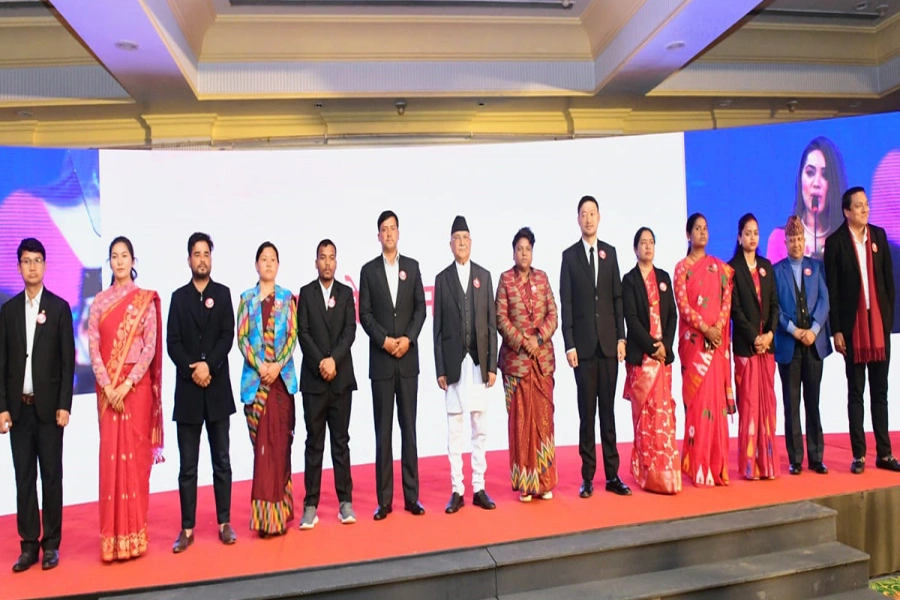Narcissistic leaders focus on themselves and their self-interests, even at the expense of the citizens. They are arrogant, authoritarian, and hostile to anyone they view as a threat
Those who have children may know that the children constantly crave for attention and admiration from elders. They have an over exaggerated and grandiose sense of their own talents and abilities. They do not pay as much attention towards others as they demand from others. We forgive them for all this because we know that they are children and they will grow out of these bad habits. Children by nature tend to be narcissists. But when this trait develops even during their adulthood, it results into what psychologists call Narcissistic Personality Disorder (NPD).
People with NPD have an inflated sense of importance, and they feel entitled to things the rest of us aren’t. They lack empathy and understanding for others though they are also extremely vulnerable. Beneath the suits, the smiles, and the boastful talk lies hidden self-hatred, and they are unable to endure even the slightest criticism. Narcissists are attracted to careers which boost narcissism. Many famous people and celebrities are narcissists. They love publicity and attention. Research shows that narcissists are attracted to political careers as well, and many politicians are acute narcissists.
Topic of political narcissism has gained publicity in the recent times after the election of Donald Trump in presidency in the United States, whom many prominent psychologists call a classic example of narcissist politician. He exhibits narcissist nature whenever he tweets statements like “there’s nobody that’s done so much for equality as I have.” Forget, Gandhi or Martin Luther King Jr.
Politics and Business

Narcissistic leaders focus on themselves and their own self interests, even at the expense of the citizens. They are arrogant, authoritarian, and hostile to anyone they view as a threat. They express loyalty to their country, government, and party, but are only interested in their own agenda, which is always selfish in nature. They surround themselves with codependent yes-men who are willing to say anything to gain their approval. These narcissists can be very charismatic, and for a time they can appear to be successful though their destructive behavior poses risks to the governments they lead.
Nepali narcissists
Narcissism crept steadily into Nepali politics when CPN-UML and Maoist Center set aside differences and formed an electoral alliance in October last year. This was a big step. But Pushpa Kamal Dahal had, before that, broken alliance with CPN-UML to become the prime minister. Politicians often claim that the decisions they make are for the betterment of people, but in reality they take such decisions to advance themselves. Dahal broke the alliance with UML for personal benefits.
Both KP Oli and Dahal took up a populist position to gain the support of voters, but it was Oli who attempted to maintain a balanced trade relationship with both China and India. This was not an easy task when India saw any influence that China had over Nepal as a threat. To make the matters worse, constitution, which was endorsed by 90 percent of lawmakers at the time, was rejected by the Indian government, and the infamous Indian blockade soon followed, arousing resentment against India among vast majority of Nepali people.
UML’s K P Oli stood up against India during those difficult times and as a result India backed Pushpa Kamal Dahal’s premiership. Dahal capitalized on this to promote himself and his own self-interests.
The political distance between the UML and the Maoist Center was never greater, and tensions never worse, with UML accusing the Maoist Center of betraying the alliance and surrendering to India.
Now the two parties stand together, though merger between the two is becoming distant possibility. They have become narcissists again. A government built on narcissism breeds the same sorts of vulnerabilities that all narcissists have: an inability to accept criticism or advice. When we cannot look at ourselves and take any kind of criticism of the decisions we’ve made as a country then we will be unable to progress as a sovereign nation, and our dependence on others increases. We will remain in a child-like state, unable to empathize for the most defenseless members of our society, never moving forward as a country.
pratapsharma23@gmail.com



































